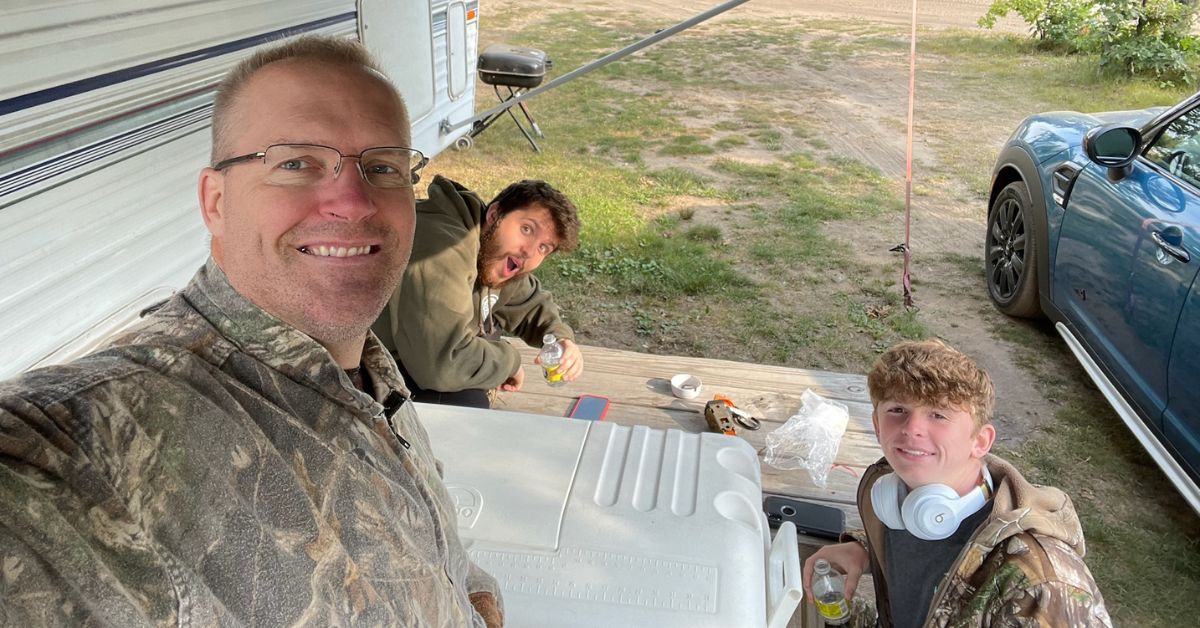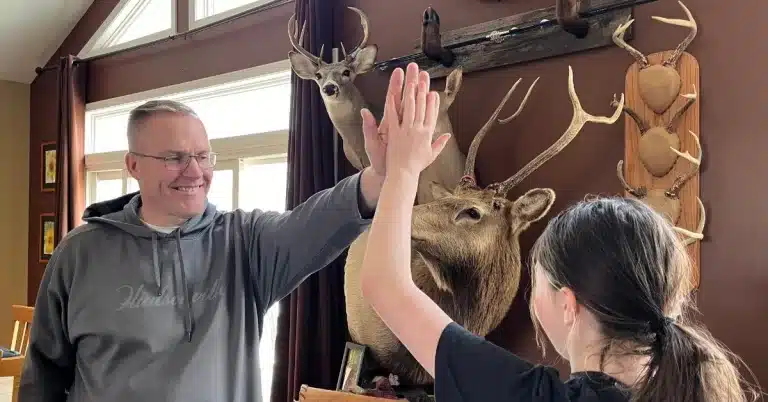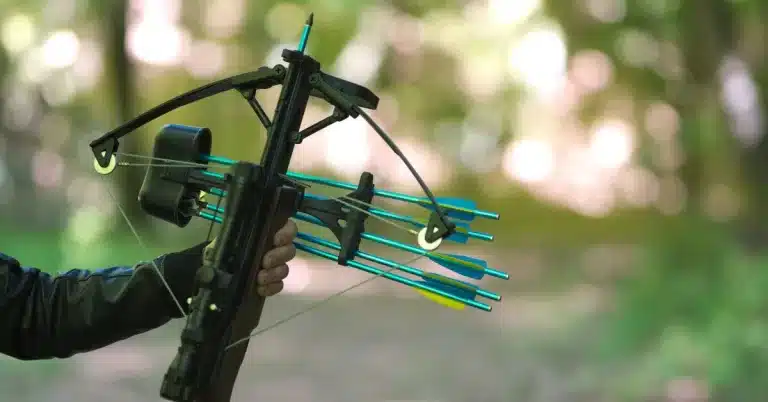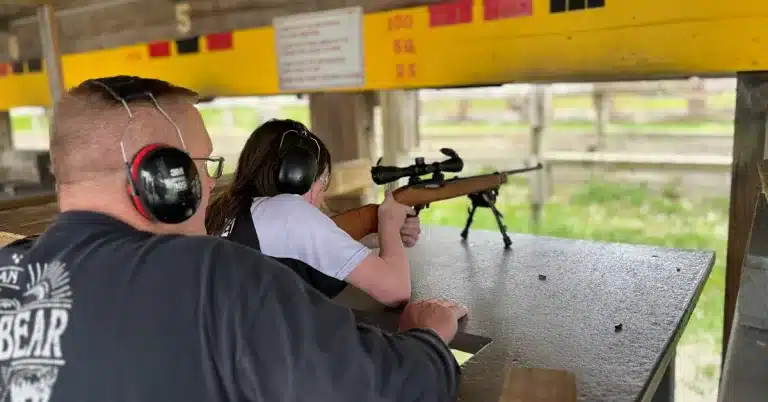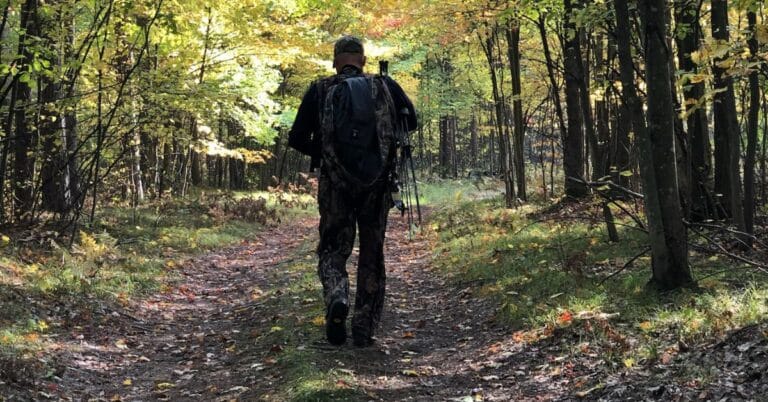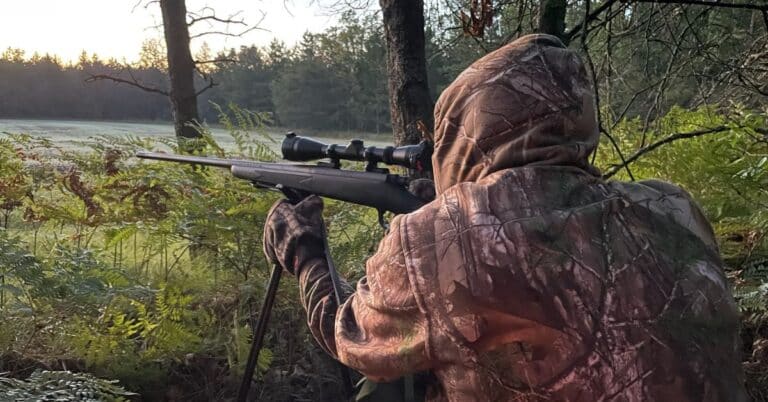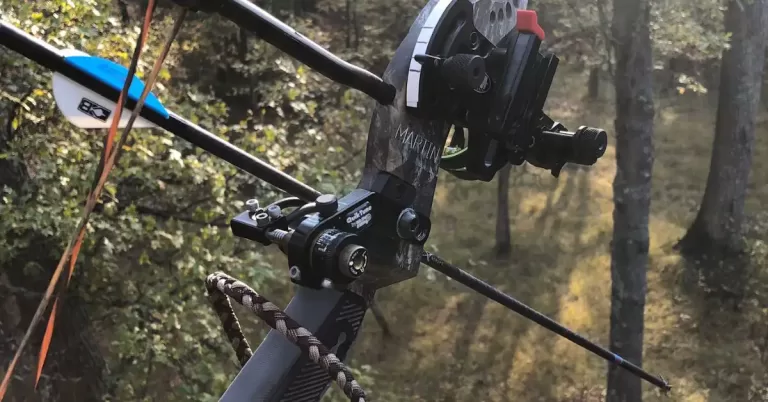What Causes Buck Fever?
An expanded definition for new hunters.
Imagine you’re out in the woods, silently tracking through the wilderness. Suddenly, you spot a majestic, trophy-worthy buck. That’s when “buck fever” kicks in! Buck fever is what hunters call the mix of nervousness, excitement, and anxiety that comes with the thrilling moment of encountering a big, impressive male deer during a hunt. It’s like a burst of energy that makes your heart race and emotions soar. Let’s dive into what causes buck fever. What exactly happens when hunters catch a case of buck fever – the highs, the shakes, and the unforgettable moments that make hunting an adventure like no other!
What causes Buck Fever?
Let me break down what causes buck fever. It’s a feeling that hits you when you spot a big ol’ deer. Happens to the best of us, even after 45 years in the game.
First off, it’s all about excitement. Picture this: you’ve been out there, quiet as a mouse, waiting for hours, and then, boom, there’s a massive buck right in your sights. Your heart starts racing, palms get sweaty – that’s buck fever kicking in.
Next, it’s the pressure. You know this might be your only shot, and suddenly, everything feels intense. Your hands might shake, and aiming gets tricky. It’s like trying to thread a needle with everyone watching.
Lastly, it’s the thrill of the chase. When you finally see that big buck, adrenaline takes over. You’ve been tracking, and planning, and now it’s showtime. It’s the mix of anticipation and nerves that bring on buck fever.
What is Buck Fever?
“Buck fever” is a term commonly used by hunters to describe the intense nervousness, excitement, or anxiety experienced when they encounter a large or trophy-worthy buck (male deer) while hunting. The term reflects the adrenaline rush and heightened emotional state that hunters may feel in such a moment. Some characteristics and feelings associated with buck fever include:
- Increased Heart Rate: Hunters often experience a rapid heartbeat as a result of the excitement and anticipation of the potential shot.
- Shaking or Trembling: Physical manifestations such as trembling hands or a shaky stance are common symptoms of buck fever. The adrenaline surge can cause involuntary movements.
- Difficulty Focusing: Hunters may find it challenging to maintain focus on their target due to the overwhelming emotions associated with the opportunity to harvest a notable buck.
- Breathing Changes: Shortness of breath or irregular breathing patterns can occur, affecting a hunter’s ability to take a steady and controlled shot.
- Loss of Fine Motor Skills: Some hunters may notice a decline in fine motor skills, making tasks like adjusting sights or handling equipment more difficult.
- Pressure to Perform: The desire to make a successful shot and secure the prized buck can create a sense of pressure, leading to nervousness and anxiety.
- Mental Distractions: Thoughts about the significance of the moment or the potential consequences of a missed shot can be distracting, impacting a hunter’s mental clarity.
Experienced hunters often learn to manage buck fever through practice, familiarity with their equipment, and exposure to various hunting scenarios. Strategies such as controlled breathing, maintaining a calm mindset, and honing marksmanship skills can help hunters overcome the effects of buck fever and make accurate, well-aimed shots.
What does Buck Fever feel like?
Stories from three hunters:
MAX: Experiencing Buck Fever is like stumbling upon a hidden treasure in the woods – you know it’s somewhere out there, and when you finally spot it, it’s like discovering a magical surprise party. Picture this: your heart starts pounding when you see a deer, and suddenly, it’s as if time takes a little pause, like a “Hold on a second, did that happen?” moment. You’re thinking, ‘We got one. There’s one coming in.’ It’s like an awesome jump scare, and the excitement of spotting a deer out of the blue is just incredible.
“Every time a deer shows up, Buck Fever takes over, turning hunting into a heart-pounding adventure. It’s not because I dozed off; it’s because those deer are like forest ninjas – super quiet and sneaky. Because they’re very quiet, I’ll tell you. It’s like playing a special game with these silent creatures, transforming the calm woods into an exciting and surprising story,” Max said. So, when you hear about Buck Fever, imagine it as that magical moment when your heart races, time stands still, and a forest friend joins you in this quiet, thrilling adventure.
LINCOLN: So, imagine you’re just chilling in a deer blind, minding your own business with your headphones on. Then, out of nowhere, a deer pops up. Boom! Your heart starts racing, and suddenly, you feel all warm and fuzzy inside, like when something exciting happens in the middle of class.
But here’s the twist – your hands start shaking, and you get super nervous. It’s like your brain hits the fast-forward button, and you freeze for a moment. That’s what we c”Buck Fever.” It’s this crazy mix of excitement, nervousness, and shaky hands that hits you when you’re about to take that shot.
It’s like being in a rollercoaster of emotions – “warm and fuzzy one second, then heart-pounding and shaky the next. Imagine feeling all that while trying to pull the trigger on your very first deer. Pretty wild, right?” said Lincoln. But if you don’t learn to control buck fever, you can make mistakes and miss the shot.
SCOTT: My experience with buck fever is like a spike of adrenaline going through your body along with hyperventilation. Shaking begins internally and works its way out of your body and you try everything you can do to stop it but the sensation keeps fighting you. The only way to control it, at least for me, is to focus on my breathing to get it under control. Buck fever happens when you least expect it. Over time the fever subsides but you still experience it at a smaller level. I like to think that buck fever acts like fertilizer when you retell the story of your hunt. When you share your story of shooting a deer for the first time the excitement becomes a part of your storytelling. Buck Fever… Get you some!
How to not get buck fever?
Alright, listen up, young hunters. Preventing buck fever ain’t rocket science, but it takes some know-how. First off, stay cool. When that big buck steps into view, don’t let excitement mess with your head. Deep breaths, focus on aiming.
Next, practice makes perfect. Spend time at the range. Get comfortable with your gear, so when the moment hits, it’s like second nature. Muscle memory, they call it. Shooting often builds confidence.
Hunt with a buddy if you can. Having someone around helps ease the nerves. Share the excitement, swap stories, keep each other grounded. It’s a team effort out there.
Remember, it’s not a race. Take your time, line up your shot. Rushing leads to mistakes. Patience is your best buddy in the woods. We hope you’ve enjoyed our experiences and learned what causes buck fever.

